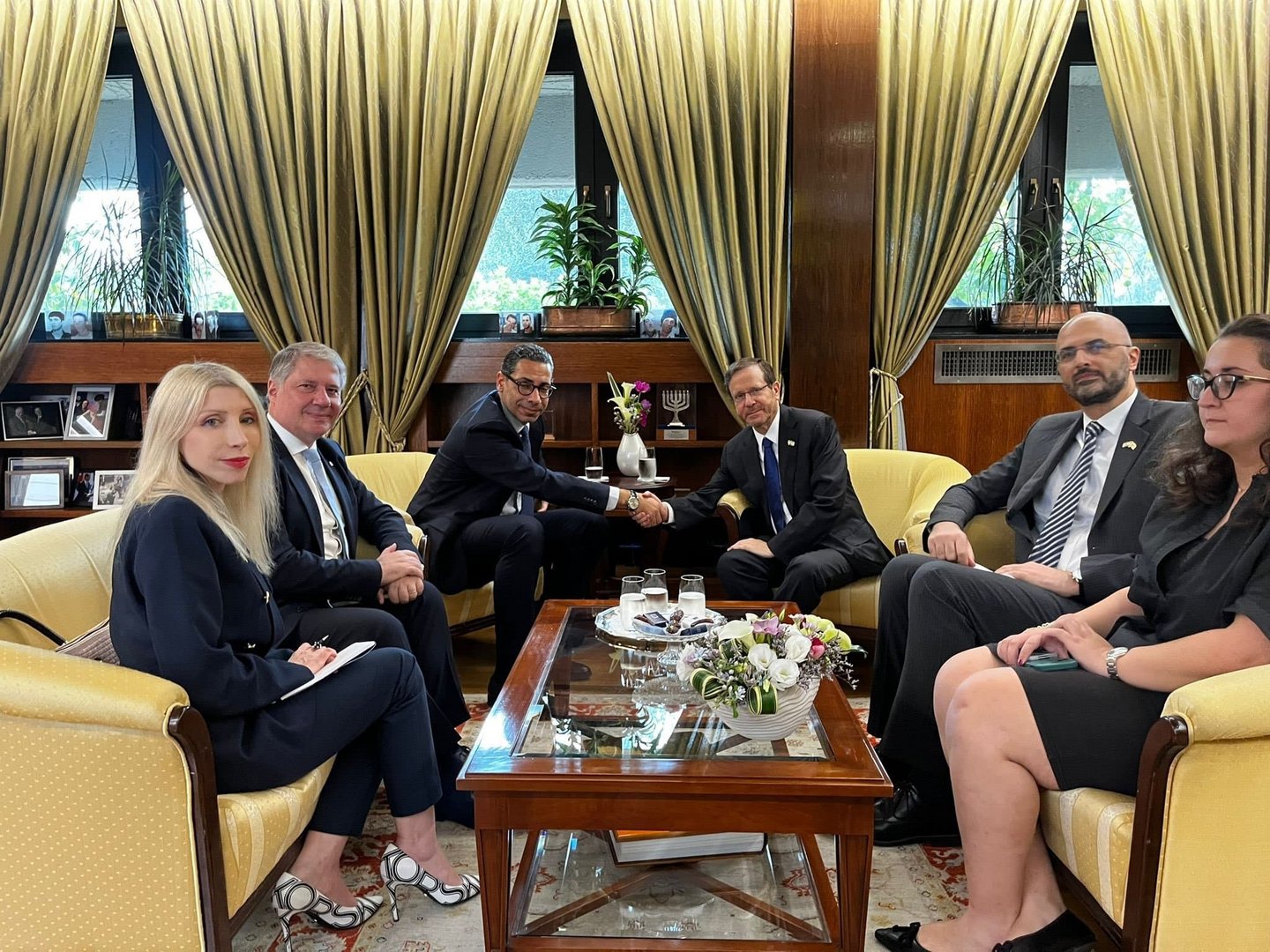Cyprus and Israel have agreed to a structured dialogue with working groups from each side to thrash out details for the creation of a maritime humanitarian corridor to Gaza, Foreign Minister Constantinos Kombos said on Friday after returning from Tel Aviv.
“There is still a way to go, given the uncertainty. We will continue our effort actively and methodically,” he said. “Developments will affect the effort as will the question of timing,” he added.
Cyprus has been pushing its idea for a humanitarian corridor since Israel began its offensive on Gaza in response to the terror attack by Hamas on October 7 that saw 1,200 killed in Israel and the taking of over 200 hostages. The rooting out of the group that has been running Gaza since 2007 has not only killed more than 11,000 Palestinians but created a humanitarian crisis in the narrow strip.
The idea for the Cyprus-Gaza corridor has been mooted in the EU and in the UN, and with Israel but the latter has security concerns. Other concerns are that Gaza has no port.
Nevertheless, Kombos, along with a group of technical experts visited Israel on Thursday. Prior to the visit, Israel President Isaac Herzog said the Israeli government was discussing with Cyprus a “major effort” to bring humanitarian aid by sea to the Gaza Strip.
“The effort of the Republic of Cyprus to create a sea corridor for the transfer of humanitarian aid to Gaza continues,” Kombos told journalists on Friday. The idea was that it would be a one-way mechanism with a high flow of aid and frequent trips.
“We participated constructively from the beginning in a debate that now concerns the entire international community,” he said.
“We have a specific methodology based on our comparative advantage such as our geographical proximity to Gaza, an existing, adequate infrastructure network and good neighbourly relations with the countries of the region.”
Most important, however, he added was that Cyprus had a relationship of political trust with Israel that has been built over years.
Kombos said according to Cyprus’ proposal, the flow would be one-way and would not involve the movement of persons. The security of the cargo was also intertwined with the security of Israel, “without whose consent there can be no corridor”, he said.
President Nikos Christodoulides also commented on Friday, saying: “We are in contact with Israel and we are seeing some final arrangements. We will proceed to the implementation stage when everything is in place.”
When asked what the next step would be, the president said Cyprus was also in contact with the UN on the issue and with partners in the EU. “We are moving towards the implementation stage,” he said.
Asked whether it was just a matter of time, Christodoulides said: “I wouldn’t say it’s a matter of time, we shouldn’t set timetables. What is important is that the initiative of the Republic of Cyprus, which is recognised by the international community, began to be discussed very specifically on the technical details and I believe that this, in addition to showing our role in the region, upgrades the role of the EU in the region – because the Republic of Cyprus is the member state that neighbours the region – and it also sends a message about what we wish to show in action and not just in words, that we are a pillar of stability and security in the region”.






Click here to change your cookie preferences